- IDP China>
- 课程库>
- 自然科学>
- 自然资源与保护>
- 环境研究>
- Doctor of Philosophy in Conservation of Material Culture - Cultural Property Forensics
Doctor of Philosophy in Conservation of Material Culture - Cultural Property Forensics

学历文凭
Ph.D.

专业院系

开学时间

课程时长

课程学费

国际学生入学条件
IDP—雅思考试联合主办方

雅思考试总分
7.0
- 雅思总分:7
- 托福网考总分:87
- 托福笔试总分:560
- 其他语言考试:NA
CRICOS代码:
申请截止日期: 请与IDP联系 以获取详细信息。
课程简介
相关申请
 预科
预科 奖学金
奖学金 实习机会
实习机会 在校学习
在校学习 跨境学习
跨境学习 校园授课-线上开始
校园授课-线上开始 在线/远程学习
在线/远程学习
开学时间&学费
学费信息仅供参考,请与IDP联系以获取详细信息
| 开学时间 | 时长 | 学费 | 地点 |
|---|
学校排名

世界排名17
数据源:
泰晤士高等教育世界大学排名
关于加州大学洛杉矶分校

除了哈佛、耶鲁、普林斯顿,UCLA也许是中国学生与家长最为熟知的美国院校了。离太平洋海岸线不到5英里,与贝弗利山庄和好莱坞几分钟的路程,这样得天独厚的地理位置与高居不下的学术排名让UCLA成了众多孩子申请的默认目标。27000名在校生看上去数量很庞大,但其实,UCLA超过一半以上的班级人数都不到20人。他们分布在129个不同的本科专业当中。作为曾经全美公立大学排名第2的UCLA,拿的出手的专业自然相当多,其中最有名的应属工程和应用科学学院。作为NBA传奇球星贾巴尔的母校,UCLA在体育方面的造诣令人叹为观止。目前,UCLA的22支NCAA Division I 运动队获得的冠军头衔总数量排名全美所有高校的第一位。当中最受关注的是UCLA篮球队,无论输赢,场场爆满。每年注册参加UCLA校内运动项目的学生总量都超过8000人。
本校相关课程
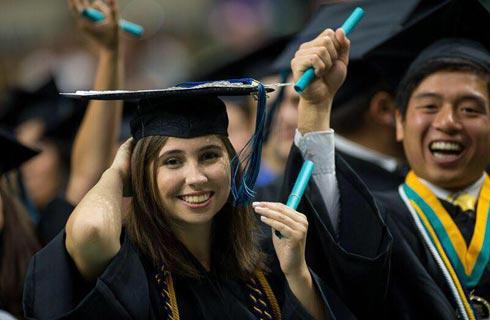
Doctor of Philosophy in Gender Studies
学历文凭
Ph.D.
开学日期
课程费用总额

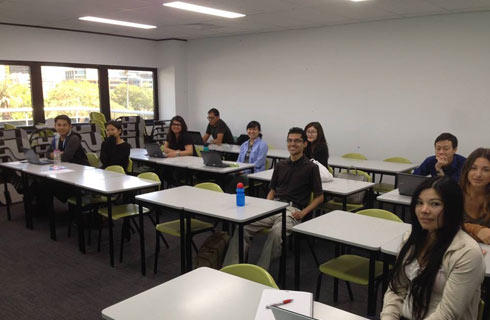
Master of Urban and Regional Planning
学历文凭
Masters Degree
开学日期
课程费用总额

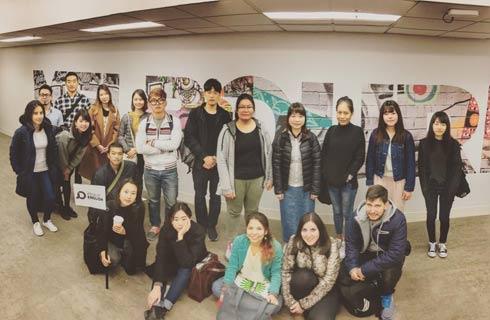
Doctor of Philosophy in Theater and Performance Studies
学历文凭
Ph.D.
开学日期
课程费用总额

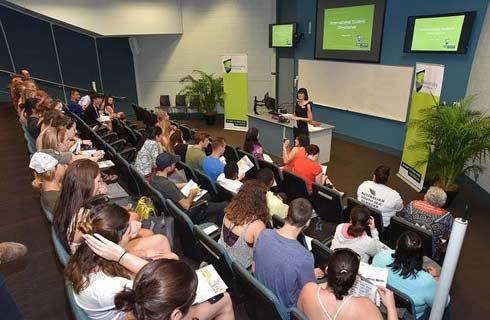
Master of Fine Arts in Acting
学历文凭
Masters Degree
开学日期
课程费用总额

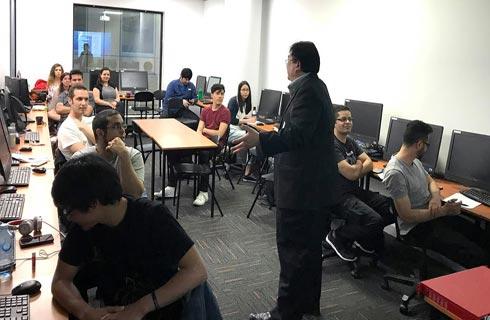
Master of Science in Statistics
学历文凭
Masters Degree
开学日期
课程费用总额


Master of Arts in Spanish
学历文凭
Masters Degree
开学日期
课程费用总额

其他相关课程

环境研究文学士学位(4年)
 劳伦森大学
劳伦森大学学历文凭
Bachelor Degree
开学日期
课程费用总额

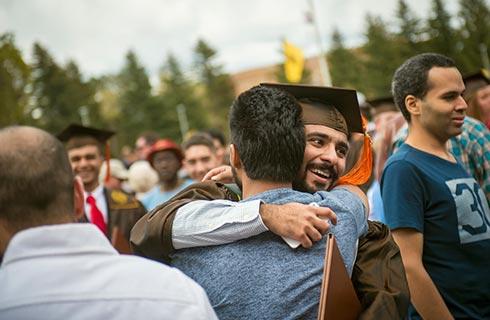
环境技术文凭
 卡莫森学院
卡莫森学院学历文凭
Bachelor Degree
开学日期
课程费用总额


土著环境科学理学学士
 特伦特大学
特伦特大学学历文凭
Bachelor Degree
开学日期
课程费用总额


土著环境研究文学士学位
 特伦特大学
特伦特大学学历文凭
Bachelor Degree
开学日期
课程费用总额


环境科学/研究学士
 特伦特大学
特伦特大学学历文凭
Bachelor Degree
开学日期
课程费用总额

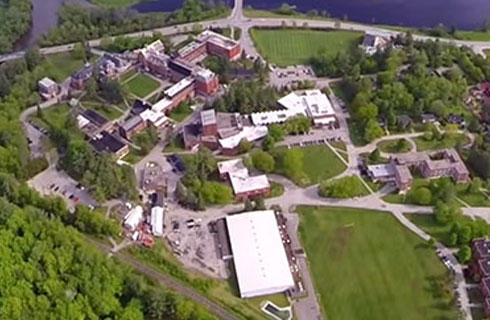
环境监测与影响评估研究生证书
 凯布莱恩学院
凯布莱恩学院学历文凭
Graduate Certificate
开学日期
课程费用总额










 美国
美国